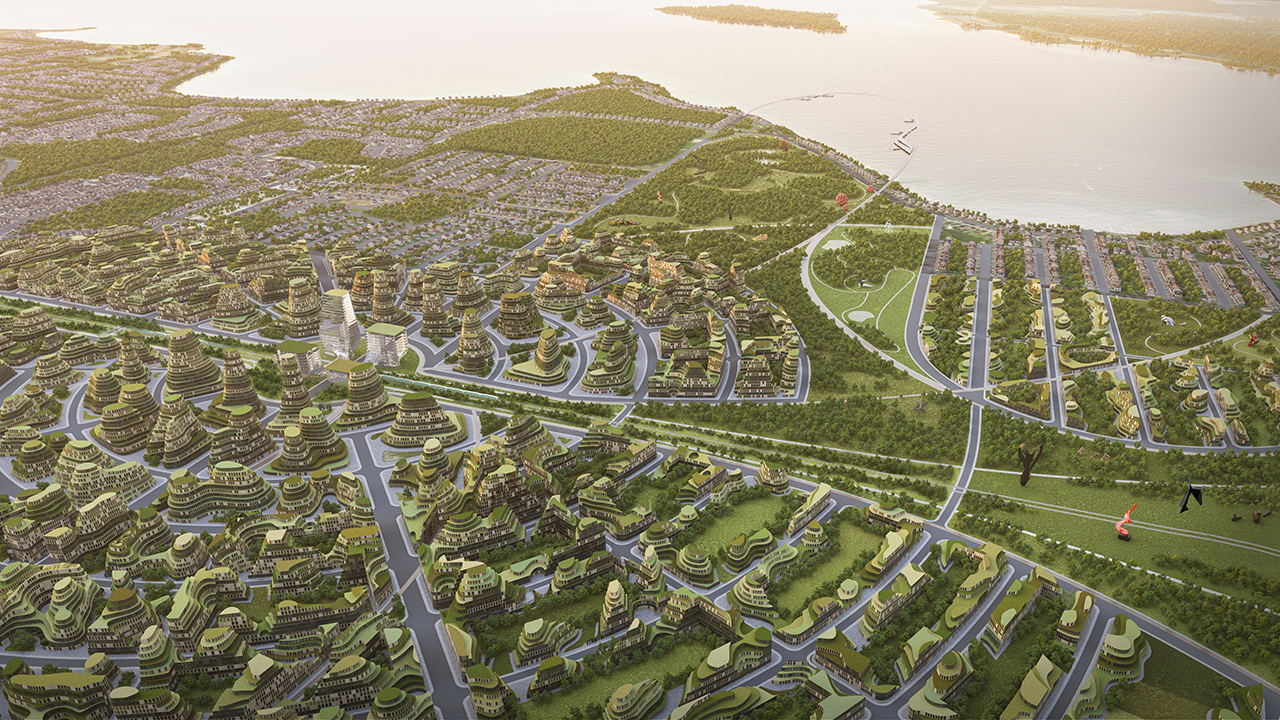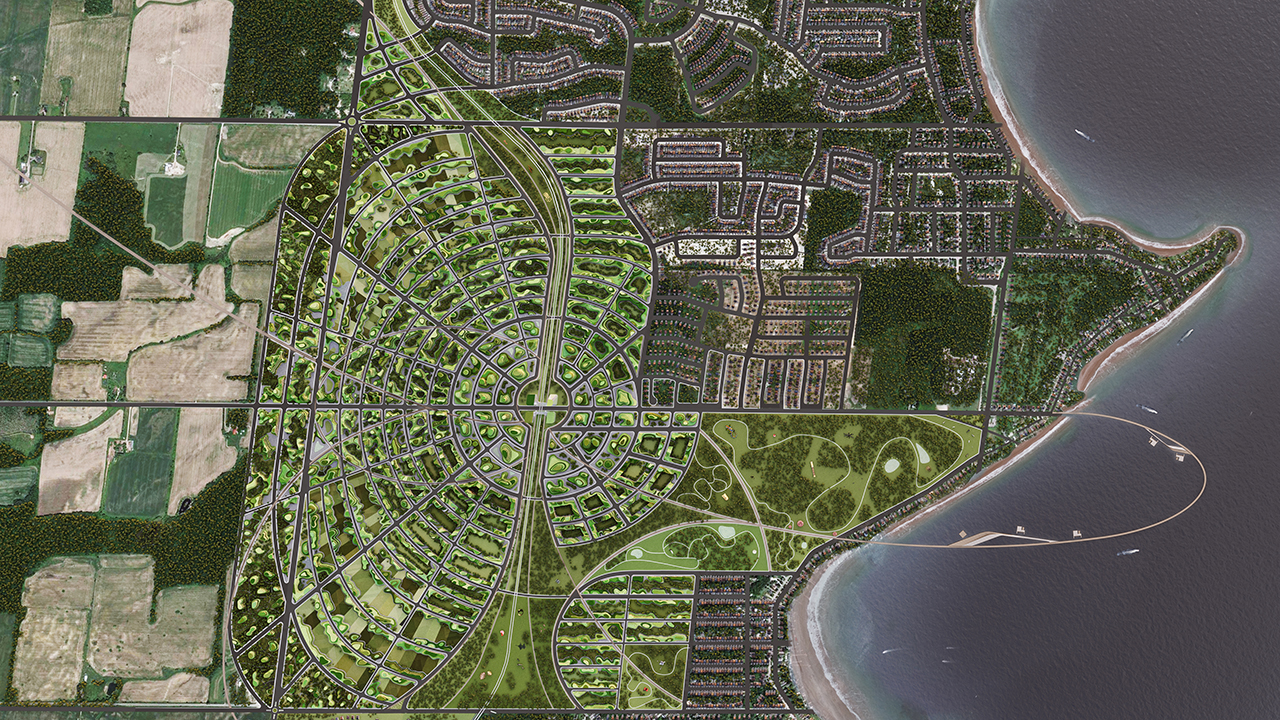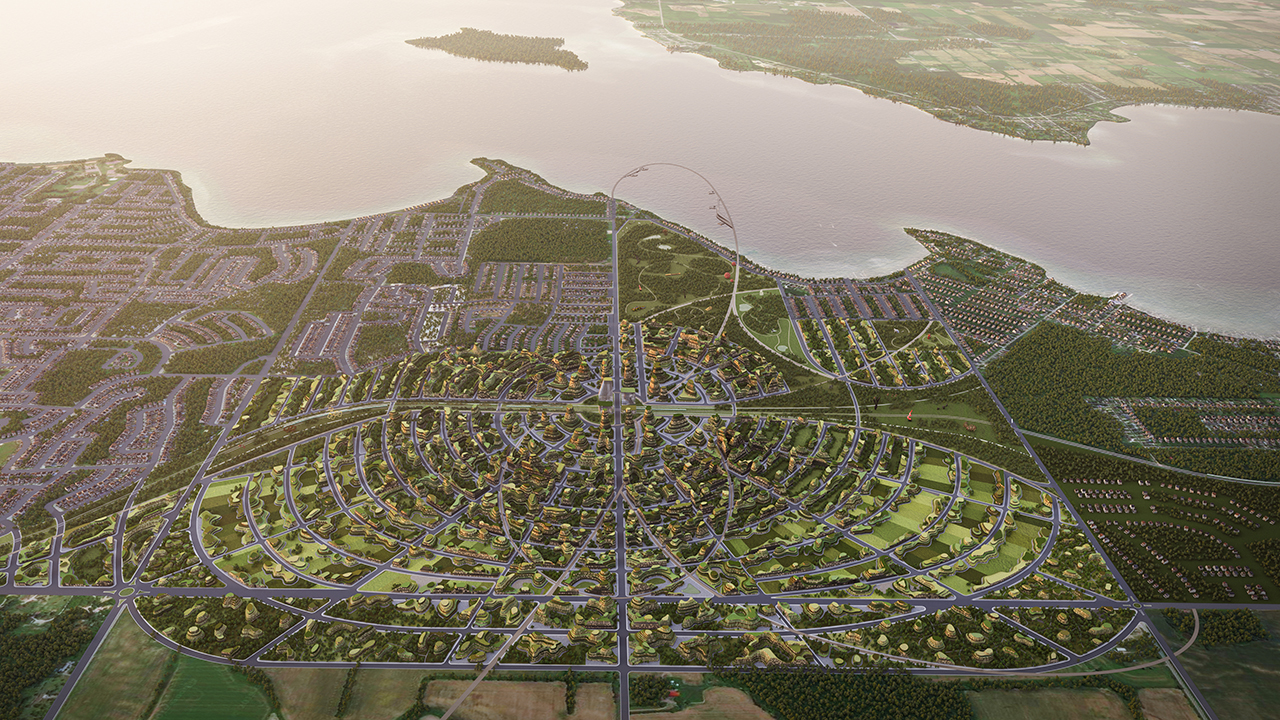OneCity
Senior Member
Toronto is choking itself on red tape. Never would have thought that places like Brampton, Whitby, and Innisfil would have more ambitious transit plans, but here we are I guess.
Politicians in TO basically have their seats set in stone (minus riding removed by Ford). Bottom line Its bascailly the same faces in council here for life.
The circular planning game that has gone on here for decades is simple. Announce a plan, study it to death, cut some corners, defer timelines, cut a few more corners until it divides residents (cars vs.public transit, wealthier areas vs. poorer areas, DT vs. Burbs etc) to the point the plans get delayed, and soon after cancelled. Then start over or do the bare minimum for a cheap photoshoot.
There is really minimal ambition or collective drive to unite and grow the City for the future with any form of detailed planning. This is what it is, they really dont even try to present plans that unite the City whatsoever and often planning is done with such a narrow lens looking at only a handful of areas while many others are left behind. I really believe term limits on Toronto Councilors would help to provide more creative, energetic and less politically entrenched minds but dont believe in a million years see them agreeing to cut their own 'jobs for life'. Sadly this nonsense is the culture we have, and it will continue
Last edited:









